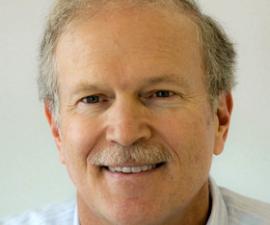

Research Bio
Professor Carey’s current research interests include:
- Use of machine learning to develop more efficient and sustainable energy conversion and thermal management technologies
- Macro-to-nanoscale modeling of the thermophysics and transport in multiphase systems
- Waste plastic transport in environmental watersheds
- Development of hybrid thermionic/thermoelectric energy conversion technologies
His current research projects are:
- Defining Optimized Nanostructured Surface Morphologies for Enhanced Boiling Surfaces
- Optimal Strategies for Using Convolution Neural Network Model Analysis for Combined Image and Digital Data Analysis of Vaporization Processes
- Use of Machine Learning to Enhance Snow Survey Assessment of Sierra Water Resources
- Experimental and Machine Learning Characterization of Carbon Dioxide Deposition and Blockage in Relief Headers
- Flame Spread Along Insulated Electrical Wires for Terrestrial and Space Applications
- Computational Modeling of Thermionic Energy Conversion for Nuclear Electric Propulsion
Research Expertise and Interest
mechanical engineering, use of machine learning to develop high performance energy conversion and thermal management technologies, micro-to-nanoscale modeling of the thermophysics of multiphase systems, waste plastic transport in environmental watersheds, waste plastic recycling
Loading Class list ...
